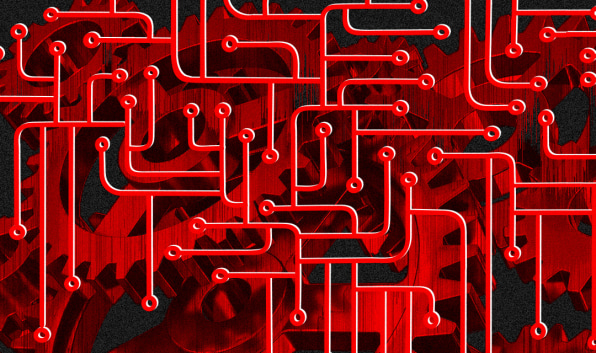“Amazon really solved buying, but it killed shopping in the process,” says Glossier CEO Emily Weiss, highlighting the emotion that’s been lost in the pursuit of functional efficiency, and identifying a symptom of the business zeitgeist of the last decades. Offices and airplanes optimized for density over comfort. Product formulations optimized for margins over health and quality. Apps optimized for data collection over privacy. Employee management optimized for stack ranking over mentorship. Delivery services optimized for “the shut in economy” over healthy communities.
Functional efficiency optimized; the human experience diminished.
Everything is efficient, and everyone is miserable. America, and many other countries, experience an Easterlin Paradox, where income per person has doubled since 1972, but happiness has fallen. Most employees are disengaged, and most people think the country is heading in the wrong direction.

So what are we actually optimizing?
Shareholder profit and consumer convenience, certainly. But not happiness or fulfillment. When we were young, did any of us ever aspire to efficiency and shareholder servitude? Is that the legacy we strive for?
Almost suddenly and with surprise, disparate voices are raising the alarm that efficiency-optimized “business as normal” is not working. Even the unlikely voice of conservative commentator Tucker Carlson is joining the chorus, saying “our system was created by human beings for the benefit of human beings. We do not exist to serve markets. Just the opposite.” As is conservative commentator David Brooks calling for a “remoralization of the market.”
And its also penetrated the highest levels of business. Hemant Taneja, managing director of venture capital firm General Catalyst, says: “The era of move fast and break things is over,” referring to Facebook’s infamous and democracy-diminishing mantra. Larry Fink, CEO of the largest investment firm in the world, Blackrock, says, “Society is increasingly looking to companies, both public and private, to address pressing social and economic issues.”
This surge of positive intention is good; certainly better late than never.
How many companies consider the fundamental conditions of thriving humans in their decision-making? It does not appear to be many. The bastions of American business education have traditionally been more likely to teach exchange rate theory than the ingredients of human fulfillment.

How to reawaken the humanity in business?
There’s clear research on what creates happiness and fulfillment, not least by Martin Seligman and the University of Pennsylvania’s Authentic Happiness initiative. UC Berkley also has a school studying the psychology, sociology, and neuroscience of well-being, and its “Keys for a meaningful life” is a good place to start for any business people looking for sound foundational knowledge. The UN even conducts a rigorous annual evaluation of each country’s well-being –The World Happiness Report – that looks at factors like confidence, freedom, depression, and social support.
Not terribly long ago, marketing departments used to be considered “the voice of the customer,” and therefore directed “the 4 Ps of marketing”: product, price, placement, and promotion. In other words, the department responsible for bringing humanity into an organization was responsible for much of the business. Today, company leadership is less oriented to this expansive role for marketing, and more oriented to engineering (in Silicon Valley, in particular), finance (in private equity-owned companies, in particular), and operations (in mature companies, in particular). Marketing has been significantly restricted to the role of promotion : determining how to promote products after they’ve been established. Here, too, optimization has become the mantra, with marketing focusing on search engine optimization, programmatic advertising, AI-developed brand creative, and other soul-destroying forms of mass human interruption rather than mass human betterment.
In many cases, companies are looking to make up for this dysfunction with a rejuvenated orientation to purpose. But purpose is not the answer. Purpose is unfulfilled intention. Useful–even critical –but futile without real-world positive impact for people or the planet. “Purpose-oriented” advertising campaigns are not the answer, as Pepsi, Colgate, and many others are learning–they are not a short-cut to understanding what creates human well-being and creating products, services, and programs that serve it.
Any company shifting toward a humanity-optimized business should have a strong internal voice of the customer, whether that’s a stronger role for marketing or a reorientation of other leaders and teams.

The potential is tantalizing
A world populated by companies that optimize for humanity would be a very different world. More communal, better tasting, healthier, happier, more joyful, and more beautiful. Could those things really be at odds with business success? Sure, the extra cents going to sugar rather than high-fructose corn syrup may reduce near-term margins, but what do healthier, happier customers do for a brand’s long-term success, or its ability to inspire the best employees? Choosing not to surveil your customers may limit your database in the short term, but what’s the long-term cost of breaching users’ trust?
Where there’s dysfunction, there’s an opportunity for disruption. For entrepreneurs who understand human well-being, a generation of soulless, efficiency-optimized companies are there for the taking. There’s a role for all of us in this shift. As employees making decisions, as customers making decisions, let’s choose to thrive.